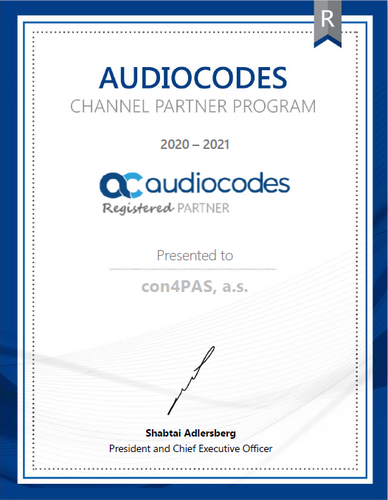
Digital communication is no longer just about newsletters or delivery notifications. In a world where customer loyalty is built (or lost) in seconds and interactions span multiple channels, companies face a crucial question: How to stay relevant, secure, and effective?
The latest global report by Sinch (The State of Customer Communications 2025), based on research with 2 800 consumers and 1 600 industry leaders across healthcare, finance, retail, and tech, sheds light on what really works – and what turns customers away.
4 Pillars of Effective Customer Communication
Customer communication now stands on four pillars: engagement, information, security, and satisfaction.
To engage customers, messages must be relevant, timely, and delivered via the channels they prefer. While email remains the most popular (77%), younger generations prefer SMS and messaging apps like WhatsApp or Messenger.
Customers also expect to stay well-informed – from order confirmations and appointment reminders to fraud alerts. The key is delivering timely, clear, and necessary information without overwhelming users.
Security has become a cornerstone of trust. With increasing digital threats, customers prefer verified and protected channels. Technologies like RCS and Sinch Flash Call™ offer added safety and smoother experiences.
Finally, satisfaction depends not only on great products but also on seamless service. 81% of people feel frustrated when they must repeat themselves across support channels. Multichannel, connected support is now essential.
Game-Changing Technologies
The year 2025 brings major changes in technology that will impact the way businesses interact with their customers, with three areas coming to the fore - RCS, artificial intelligence and connected infrastructure.
RCS – the next generation of mobile messaging
Rich Communication Services is the successor to traditional SMS. It allows businesses to send messages with images, interactive elements, sender logos and identity verification. Up to 59% of customers consider RCS to be the most trusted form of message verification, and they also perceive brands communicating in this way as more modern and secure.
Companies using RCS have seen significantly higher engagement and conversion rates - for example, retail brand Courir tripled campaign revenue after deploying RCS.
Artificial intelligence - personalisation that works
More than 95% of companies are either already using or planning to implement AI. The most common scenarios are predictive communications, automated responses via chatbots, personalized offers or customer data analytics.
For example, 47% of companies use AI to anticipate customer needs and 44% to create personalised campaigns. In retail, AI is often used for real-time product recommendations, and in healthcare, for example, to automatically schedule appointments or medication alerts.
Integrated infrastructure
The report also highlights the importance of technological integration:
Successful organizations invest in unifying channels and ensuring that the context of communication is maintained - regardless of whether the customer contacts the company via email, chat or voice.
Key Takeaways for Businesses
con4PAS: Practical Insights from Real Projects
As customer expectations shift and new technologies emerge, businesses face increasing complexity – from choosing the right channels to securing interactions and integrating communication into core systems.
At con4PAS, we work on these challenges across industries. Our experience shows that the most effective solutions combine the right technology mix with a user-first mindset.
If you're navigating similar challenges, we'd be happy to share our experience with you.
Download the full report below.
Interested in the article and want to know more? |


